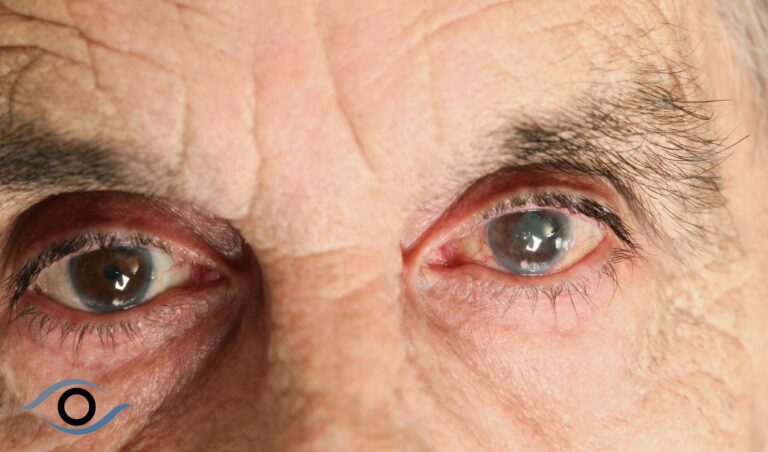Glaucoma screening is crucial for early detection and prevention of vision loss associated with glaucoma, a group of eye conditions that damages the optic nerve.
Optic Nerve damage can lead to serious vision loss if not detected and treated early. The optic nerve takes information the eye sees and transmits that information to the brain. Glaucoma is one of the leading causes of blindness in Canada.
Early detection through regular screenings is key to managing and mitigating the effects of glaucoma.

Regular glaucoma screening is a proactive measure to protect vision health, especially for those at higher risk. By identifying glaucoma early, individuals can take steps to preserve their vision and quality of life.
Contact us if you have any questions or concerns about Glaucoma.
1. Who Should Be Screened:
2. Importance of Screening:
Every 2-4 years for individuals over 40 and every 1-2 years for high-risk groups
Frequently occurs in individuals over 40, and there is a hereditary element for the development of the disease. There is a risk of developing glaucoma when you have diabetes, high blood pressure, or a history of eye injuries.
It depends on the severity and progression of the disease. It cannot be cured, but it can be controlled. People are often treated with daily eye drops, or laser surgery to control the glaucoma while maintaining your vision.